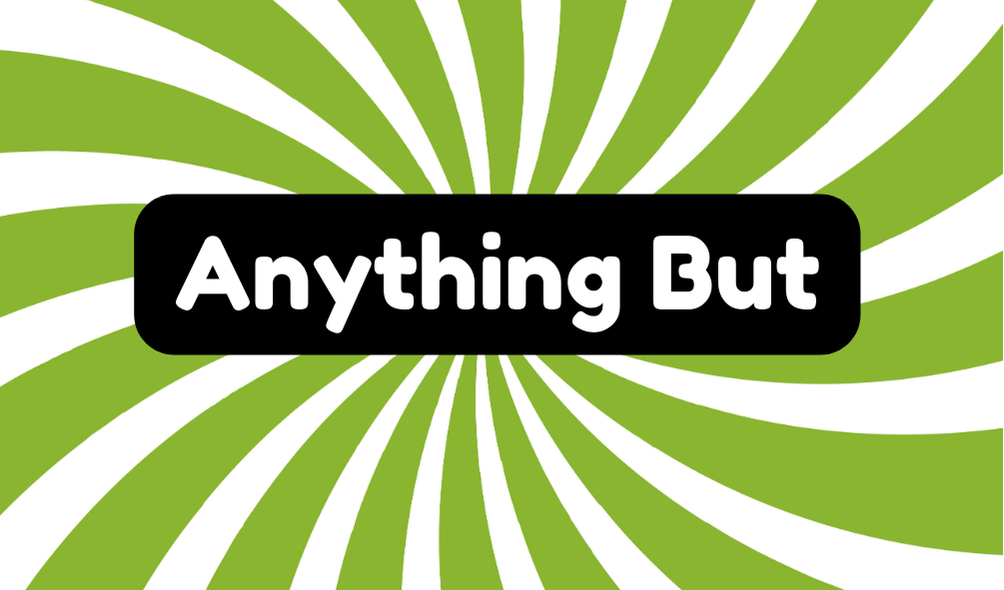The phrase "anything but" means something is far from what you expected, often expressing strong dissatisfaction. It originated from a need to convey disappointment clearly. For example, you might say, "The concert was anything but exciting," highlighting the gap between what was promised and the reality. This expression has evolved into a critical communication tool, especially in today's fast-paced world where unmet expectations often lead to disappointment. The phrases' relevance persists, as dissatisfaction is a shared human experience. If you explore further, you could uncover more about its usage and modern applications.
Synonyms
When discussing the phrase "anything but," you'll find several synonyms that convey a similar meaning. These alternative phrases can enrich your communication and add depth to your expressions. Each phrase carries shades of meaning that highlight a strong negation or contrasting quality. Consider these options:
- By no means
- Certainly not
- Far from it
- Not at all
Using nuanced expressions like these can sharpen your language, especially when you need to emphasize disappointment or unexpected outcomes. It's essential to understand that while these expressions are similar, they each add their own flavor, shaping how your message is received. So, when aiming for clarity and impact, choosing the right phrase can transform your communication.
Example of Sentences
Examples of sentences using the phrase "anything but" demonstrate its versatility in expressing disappointment or unexpected outcomes. You might encounter this phrase in everyday expressions, where context shapes its impact. Consider these examples:
- "The conference was anything but engaging; several attendees dozed off."
- "Her review of the new café was anything but positive; she left hungry."
- "The weather forecast promised sunshine, but it was anything but pleasant."
- "After the product launch, reviews were anything but favorable, leaving the team concerned."
In these sentences, "anything but" highlights a sharp contrast between expectation and reality. By integrating this phrase into your communication, you can effectively convey dissatisfaction, prompting others to reconsider their perceptions.
Origin
The phrase "anything but" serves as a stark reminder of how expectations can diverge from reality. Its origin highlights society's views on disappointment, underscoring the gap between what we hope for and what we actually receive. Through phrase evolution, it transformed from simple expressions of negation to a powerful tool in everyday communication. People use "anything but" to dismiss experiences and emphasize dissatisfaction, making it a succinct response when expectations are not met. Cultural interpretations of the phrase vary, reflecting individual feelings toward unmet hopes. It stands as a symbol of our need for honest feedback, urging us to confront reality instead of glossing over it. Fundamentally, "anything but" encapsulates a universal human experience.
Collocations
Often, you'll encounter various collocations that enhance the expression of "anything but." Phrases like "anything but ordinary," "anything but satisfied," and "anything but easy" create vivid images of disappointment or exceptional outcomes. Understanding these common collocations helps you navigate the subtleties of language. Here are a few key examples:
- Anything but conventional
- Anything but predictable
- Anything but helpful
- Anything but beneficial
These colloquial phrases punctuate our conversations, emphasizing negative experiences or unexpected results. They not only express dissatisfaction but also highlight the gap between expectation and reality. By using these collocations, you're equipped to convey more nuanced feelings, illuminating your perspective in a world often filled with bland descriptions.
How to Use in Everyday Language
Incorporating "anything but" into your everyday conversations can really amplify your expressions of disappointment or surprise. When you encounter a letdown, like a movie that didn't live up to the hype, try saying, "It was anything but thrilling." This phrase not only conveys your dissatisfaction but emphasizes the stark contrast between expectations and reality. You'll find that it fits naturally into discussions about plans gone awry or experiences that surprised you for the wrong reasons. Using "anything but" can make your everyday conversation more engaging and relatable. Just remember, it's crucial to express those feelings honestly, as it can open the door for deeper discussions about our shared experiences and the disappointments we all face.
Why Is It Still Relevant Today?
"Anything but" remains highly relevant today due to our fast-paced, expectation-driven society. You're bombarded with choices and opinions every day, and when something doesn't meet those high expectations, it can feel like a letdown. This phrase taps into that cultural perception of disappointment and serves as a powerful tool in modern usage, highlighting the gaps between our ideals and reality. In conversations, it expresses dissatisfaction succinctly, sparking discussions about unexpected outcomes. Its continued relevance lies in our shared human experience of surprise and discontent. As you navigate through life, this phrase becomes not just a statement but a reflection of the struggle against unmet expectations, urging you to question what really fulfills you in this ever-evolving world.







